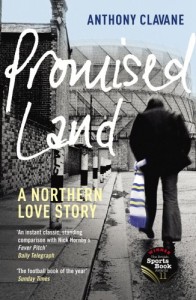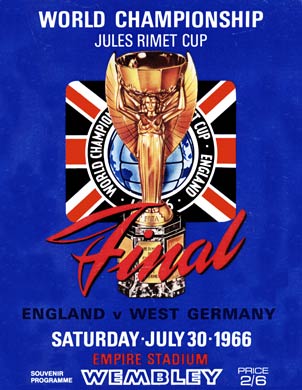 The Football Scholars Forum’s last session of 2017 took place on December 7.
The Football Scholars Forum’s last session of 2017 took place on December 7.
Author and journalist Anthony Clavane discussed his splendid book, Promised Land: A Northern Love Story, which won the 2011 UK Sports Book of the Year award.
Part memoir, part social history, part fútbology, Promised Land is as much about Leeds (the city) as it is about Leeds United (the club). In the publisher’s words: “This is a book about football. It’s about unconditional love for a club, even when it doesn’t always seem to love you back. But it is also a book about much more than that.”
The FSF discussion revolved around the themes of belonging, community, and identity. Football cannot be adequately understood, Clavane’s work shows, without thinking deeply about the social, economic, political, and cultural underpinnings of sport. Leeds and United lent themselves quite well to this kind of analysis, as they embodied broader transformations in English football and society.
Listen to an audio recording of the session here and read live tweets here.
The Football Scholars Forum’s next online gathering takes place on February 23, 2018 (2pm ET). It will explore documentary film as a medium for stories about soccer. For additional information and to participate, click here.
Tag: Britain
“Last Week Tonight” host John Oliver explains soccer and society in England to David Letterman.
The rich win. The poor lose. And most Americans don’t care.
Except, of course, those of us who screeched about John getting the number of EPL teams wrong. Enjoy!
 Author, scholar, and journalist David Goldblatt is probably best known for his sacred text of football studies: The Ball is Round: A Global History of Soccer. On Thursday, March 15 (The Ides of March!), Goldblatt shared work from his new project — a sort of mini-Ball is Round book on the cultural politics of football in Britain after 1989.
Author, scholar, and journalist David Goldblatt is probably best known for his sacred text of football studies: The Ball is Round: A Global History of Soccer. On Thursday, March 15 (The Ides of March!), Goldblatt shared work from his new project — a sort of mini-Ball is Round book on the cultural politics of football in Britain after 1989.
In an engaging public talk at the Department of History at Michigan State University, Goldblatt used the upcoming European Championships in Poland/Ukraine and the London Olympics, to explore the changing relationship between football, Britishness, and Englishness in the age of devolution.
The spontaneous popular theater of the Euros, he argues, carves out an arena for England’s traveling fans to declare their “Englishness.” Fans’ rejection of the Union Jack in favor of the flag of St. George and their performance of particular national songs are cases in point. In the case of the 2012 Olympics, Goldblatt notes that there will be no “England” in the tournament because the International Olympic Committee, unlike FIFA, deals only with sovereign states. (Britain has four members in FIFA: England, Scotland, Wales, and Northern Ireland.) The formation of the British Olympic football team thus becomes very contentious in a postdevolution context, with only England firmly supporting it. A striking contemporary example of football’s singular significance for popular national identity.
Listen to Goldblatt’s talk here.